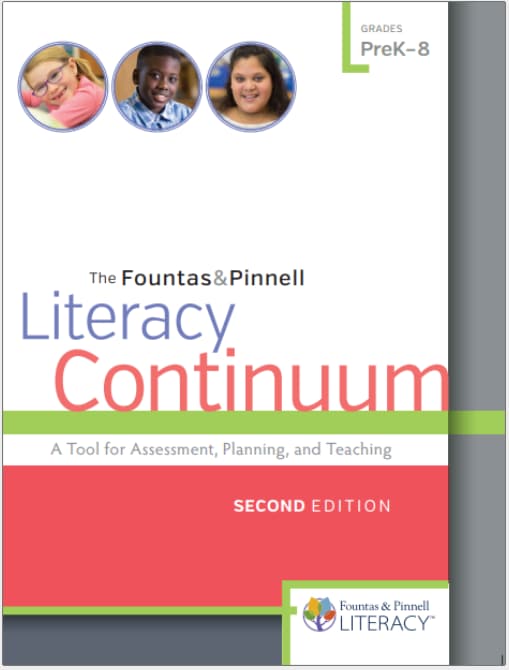
Activate student agency and connect learning with books that stir captivating discussion
Book Clubs provide an authentic opportunity for children to apply many of the literacy behaviors and understandings that they have learned through other instructional contexts: thinking within, beyond, and about a text; listening and understanding; interacting socially; engaging in extended discussions; and more. As they bring together much of their learning in this one context, children find a sense of agency. The experience of exchanging ideas with their peers and co-constructing richer understandings of texts is genuinely rewarding.
Book clubs provide an opportunity for children to apply many of the literacy behaviors and understandings that they have learned through other instructional contexts: thinking within, beyond, and about a text; listening and understanding; interacting socially; engaging in extended discussions; and more.
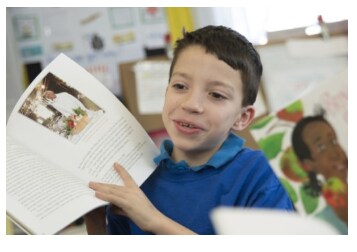
As they bring together much of their learning in this one context, children find a sense of agency. The experience of exchanging ideas with their peers and co-constructing richer understandings of texts is genuinely rewarding.
The FPC Book Club Collections include 32 titles in grades K-3 and 48 titles in grades 4-6. They are organized into eight text sets, allowing teachers to conduct book clubs approximately once per month throughout the school year. The books in each text set will be connected by genre, theme, topic, author, or illustrator. A discussion card is included for each title for teachers to support discussion with groups of readers.
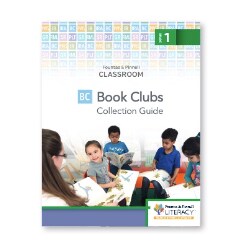
Collection Guide
A brief overview of the components and implementation of the FPC Book Clubs Collection.
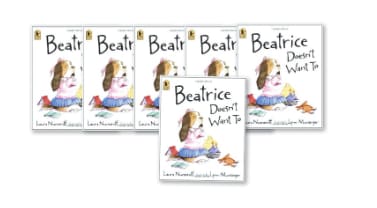
Book Club Books
32 titles (per Gr. K-3), 48 titles (per Gr. 4-6); 6 copies of each trade title
Book clubs provide an authentic opportunity to bring students together for in-depth discussion of captivating trade books they have self-selected and read. Book clubs help students extend thinking, learn more about themselves as readers, and grow as thoughtful users of literacy.
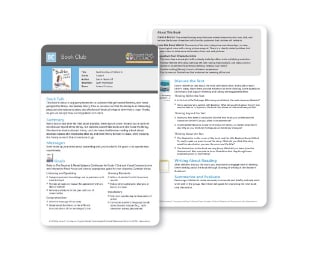
Discussion Cards
32 cards (per Gr. K-3), 48 cards (per Gr. 4-6); 1 copy each
Discussion cards provide an overview of each book feature and instructional support to utilize as teachers support groups of readers during their discussion.
Inquiry Overview Cards
8 cards (per Gr. K-3), 12 cards (per Gr. 4-6); 1 copy each
Inquiry Overview Cards (1 per text set) that feature a brief overview of the text set, opportunities to think across books, or an essential question and big ideas to guide thinking and discussion, as well as a menu of projects to encourage exploration and inquiry.
Online Resources
The lesson resources by title needed for each book club, including discussion cards and a video library.
Books clubs are meant to be done in small groups during which children meet and discuss a book that they have all read or listened to and share their thinking on what they read.
The texts may be beyond children’s reading level. The instructional focus is on constructing meaning through language and print.

Turning a vision into action requires a carefully laid out plan. You may be asking yourself, “Where do I start?” With a pen in hand, start here, in this action plan, thinking together with colleagues. The 4 steps in this Interactive Action Plan are designed to put you, your students, and your school on the path to literacy success.

